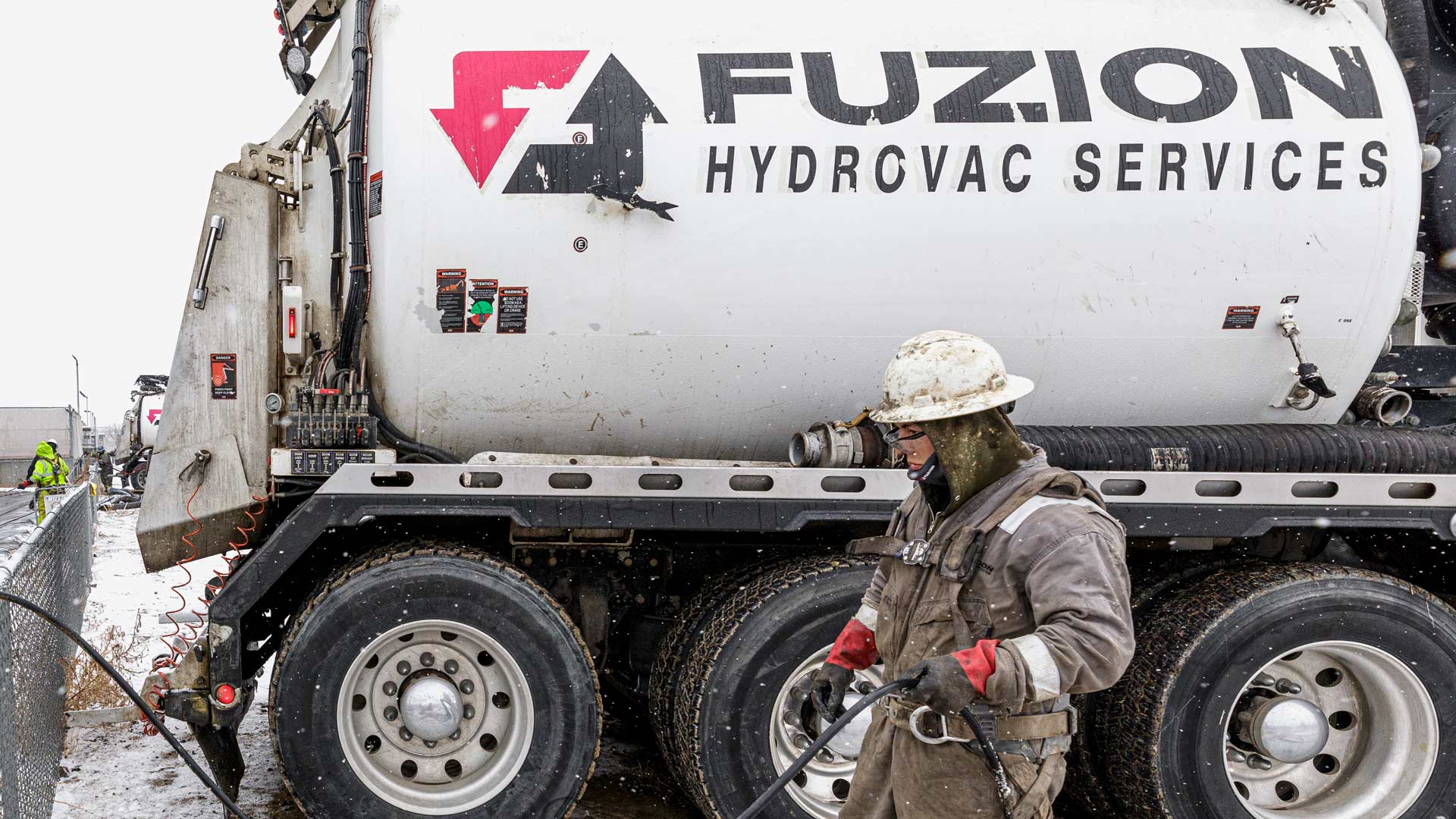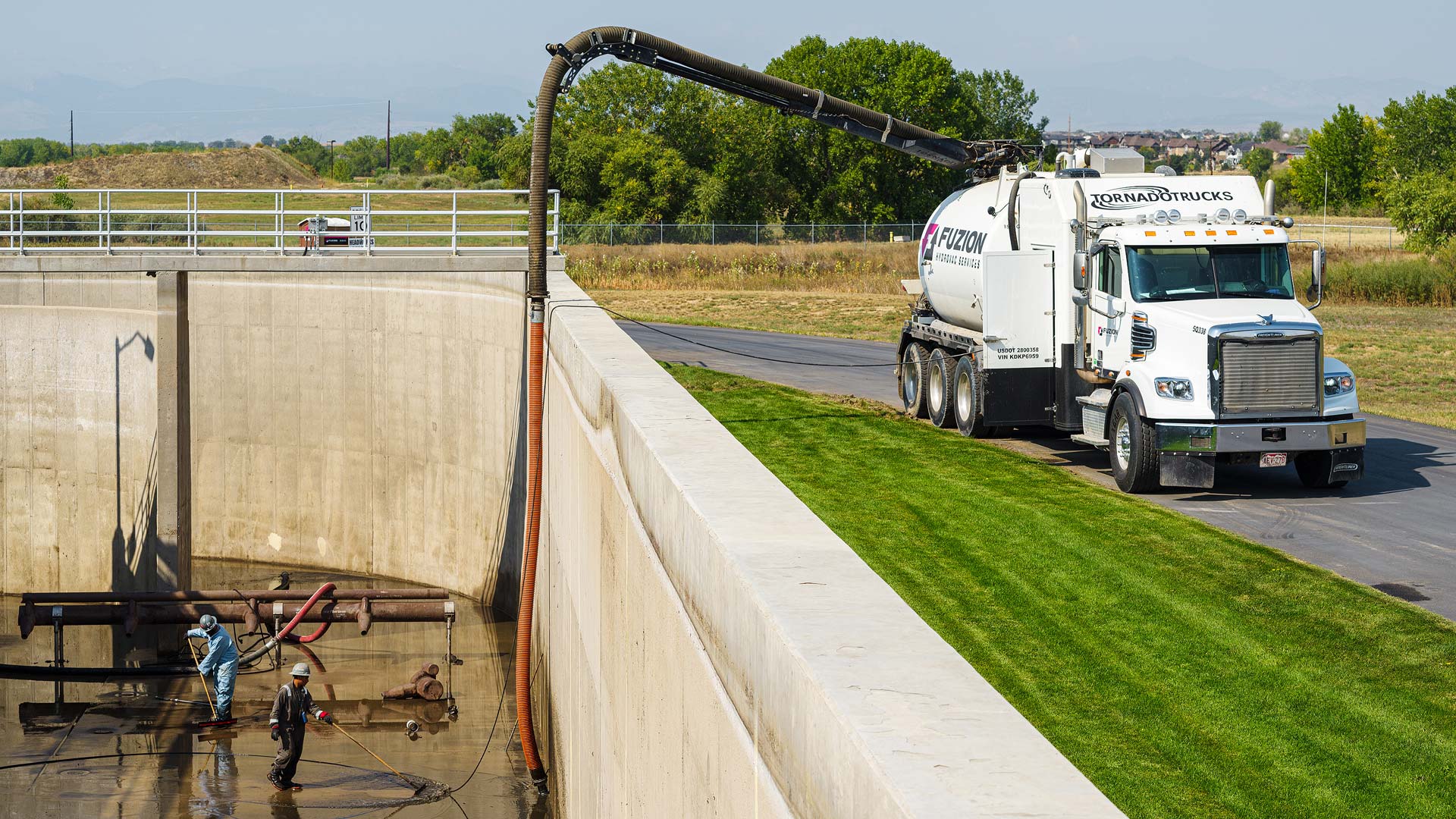Understanding Colorado’s Hazardous Waste Regulations
- Blog
Effective hazardous waste management is critical to maintaining environmental safety and ensuring regulatory compliance. Colorado has established comprehensive regulations governing the identification, handling, transportation, and disposal of hazardous waste.
This article provides a detailed overview of these regulations and explains how Fuzion Field Services can assist businesses in navigating these requirements.
Comprehensive Overview of Colorado’s Hazardous Waste Regulations
The Colorado Department of Public Health and Environment (CDPHE) oversees hazardous waste management through its Hazardous Materials and Waste Management Division. The primary regulatory frameworks include the Colorado Hazardous Waste Act (Title 25 Article 15) and the federal Resource Conservation and Recovery Act (RCRA), which establish standards for hazardous waste management.
Understanding Hazardous Waste Classifications and Identification
Hazardous waste is classified based on characteristics such as ignitability, corrosivity, reactivity, and toxicity. Businesses must accurately identify hazardous waste to comply with regulations. Common types of hazardous waste include industrial solvents, batteries, and certain types of sludge and chemical products.
Detailed Steps for Hazardous Waste Identification
- Ignitability: Includes flammable liquids and gasses.
- Corrosivity: Includes acids and bases with a pH less than or equal to 2, or greater than or equal to 12.5.
- Reactivity: Substances that are unstable or undergo violent chemical change.
- Toxicity: Waste that poses a substantial hazard to health or the environment when improperly managed.
Essential Requirements for Hazardous Waste Generators
Businesses that generate hazardous waste fall into three categories: Very Small Quantity Generators (VSQG), Small Quantity Generators (SQG), and Large Quantity Generators (LQG). Each category has specific requirements regarding storage, labeling, record-keeping, and reporting.
Guidelines for Very Small Quantity Generators (VSQG)
- Monthly Generation Limit: Less than 220 pounds of hazardous waste.
- Storage Limit: No more than 2,200 pounds on site at any time.
- Requirements: Must identify all hazardous waste, store it safely, and ensure it is delivered to a permitted waste facility.
Rules for Small Quantity Generators (SQG)
- Monthly Generation Limit: Between 220 and 2,200 pounds.
- Storage Limit: Up to 13,200 pounds on site.
- Requirements: Must comply with EPA ID numbers, proper storage, manifesting, and biennial reporting.
Regulations for Large Quantity Generators (LQG)
- Monthly Generation Limit: More than 2,200 pounds.
- Requirements: Must follow stringent regulations, including emergency planning, detailed record-keeping, and regular reporting.
Safe Transportation and Disposal of Hazardous Waste
Transporting hazardous waste requires adherence to strict regulations to prevent environmental contamination and ensure public safety. Only licensed hazardous waste transporters should be used, and proper manifest documentation must be maintained.
Approved Methods for Hazardous Waste Disposal
- Permitted Facilities: Hazardous waste must be disposed of at facilities that meet regulatory standards.
- Treatment Methods: Includes methods like incineration, chemical treatment, and landfilling at designated hazardous waste sites.
Ensuring Compliance: CDPHE’s Enforcement Practices
CDPHE conducts inspections and enforces compliance to ensure businesses adhere to hazardous waste regulations. Common violations include improper storage, inadequate labeling, and failure to maintain proper records. To avoid penalties, businesses should invest in training and certification programs for their staff.
Inspection Protocols and Compliance Penalties
- Inspections: Regular site inspections by CDPHE to check for compliance.
- Penalties: Non-compliance can result in fines and other penalties.
- Training Programs: Importance of ongoing education and certification for staff handling hazardous waste.
Fuzion Field Services: Comprehensive Solutions and Sustainability Initiatives

Fuzion Field Services provides expert solutions for hazardous waste management, helping businesses comply with Colorado’s stringent regulations. Their comprehensive services include roll-off dumpster rentals, industrial transportation, and sanitation services, all designed to meet the diverse needs of various industries. Additionally, Fuzion is committed to sustainability through innovative practices like their water recycling program and eco-friendly porta potties.
Success Stories
Fuzion has assisted numerous businesses in achieving compliance with hazardous waste regulations. Their expertise in waste management and commitment to sustainability have helped companies reduce environmental impact and avoid regulatory penalties.
Fuzion’s Commitment to Sustainability
Fuzion Field Services sets a new benchmark in sustainability within the waste management industry through innovative practices and a steadfast commitment to Environmental, Social, and Governance (ESG) principles. Here are some of their key sustainability initiatives:
- Water Recycling Program: Fuzion’s pioneering water recycling initiative conserves over 3.4 million gallons of water annually by recycling 100% of the water from their portable toilets. This not only preserves valuable water resources but also prevents contamination of natural water bodies, positively impacting local ecosystems such as the South Platte River.
- Eco-Friendly Porta Potties: Designed to minimize water usage and environmental impact, Fuzion’s porta potties use chemical treatments and efficient designs to significantly reduce water consumption compared to traditional flush toilets. This approach helps conserve freshwater resources, particularly in areas facing water shortages, and reduces the overall environmental footprint of their services.
- Responsible Waste Management: Fuzion adheres to best practices in waste collection, transportation, and disposal. They ensure that recyclable materials like plastics and paper are diverted from landfills wherever feasible. Additionally, their chemical treatments in porta potties help efficiently break down waste and control odors, further enhancing their eco-friendly operations.
- Commitment to ESG: Fuzion integrates ESG principles into their operations with transparent reporting and sustainable practices. This includes efforts to conserve water, manage waste responsibly, and reduce energy consumption. By demonstrating tangible environmental benefits, Fuzion sets an example in the waste management industry, highlighting the economic and social advantages of their sustainability efforts.
By incorporating these sustainability practices, Fuzion not only meets regulatory compliance but also leads the way in promoting environmental responsibility within the waste management sector. These efforts showcase their dedication to creating a positive impact on the environment and the communities they serve.
Partner with Fuzion for Expert Hazardous Waste Management

Fuzion Field Services offers a range of solutions designed to help businesses navigate the complexities of hazardous waste regulations. Their services ensure compliance with Colorado’s stringent requirements while promoting sustainable waste management practices.
By partnering with Fuzion, businesses can focus on their core operations, knowing their hazardous waste management needs are handled responsibly. Contact us today for more information.